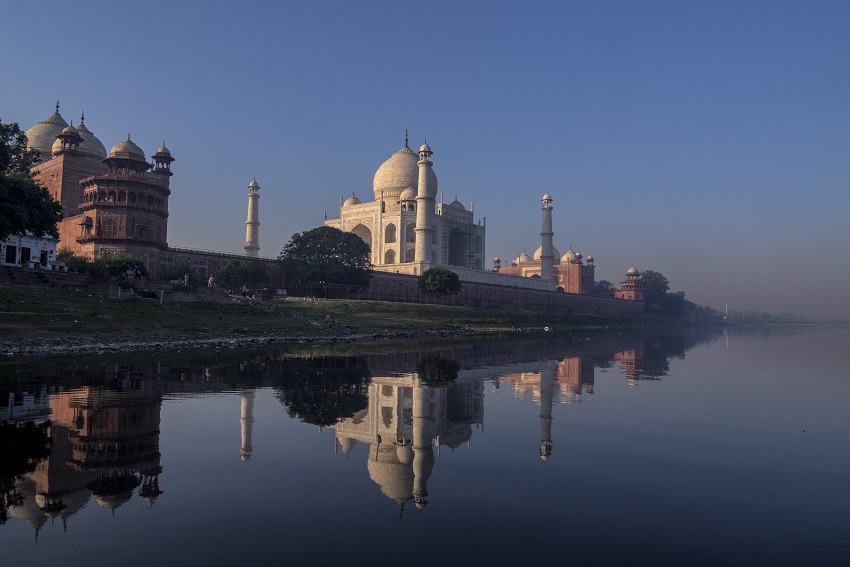06 March 2018
In the spirit of Mahatma
The Indian challenge toward a universal basic income
One of the most populous countries in the world is thinking about introducing a universal basic income. An enormous challenge that has sparked both enthusiasm and criticism.
The spirit of Mahatma Gandhi, that spirit that imagined a self-governing India and led the independence from the British crown, seems to be still alive. Gandhi’s spirit has indeed been evocated by Arvind Subramanian, the Chief Economic Adviser to the Finance Minister, whom remarked Gandhi’s vision of ‘wiping every tear from every eye’ when making a case on whether or not to introduce the Universal Basic Income (UBI). Mr Arvind, while admitting that Gandhi was opposed to a free meal to physically able individual who would not work for it, still concludes his analysis by highlighting how “the Mahatma would have been conflicted by the idea [of UBI] but, on balance, might have endorsed it”. So, how does UBI work?
The finance ministry annual survey is released yearly ahead of the annual budget, to clarify the serious issues that force more than 300 million Indians to live in extreme poverty despite the rapid development that India has witnessed in recent decades. The survey has given voice to the desire to monthly provide a fixed income to every citizen while cancelling existing subsidies and social security schemes, too often proved as inefficient. The debate is ongoing.
The survey estimated that an annual UBI of 7,600 rupees (roughly $113) per person would raise almost all Indian citizens above the poverty line of 893 rupees per month (this estimate is based on the prices from 2011-12, adjusted for inflation). According to an estimate produced by the ministry of Finance, the implementation of such program would reduce the poverty rate from 22% to a little less than 0.5%. So, where would the money for the UBI be taken from? The financial resources to implement the UBI would be taken from 950 existing welfare schemes, including those subsidising food, water and fertilisers. Assuming a distribution of a basic income to 75% of the Indian population, the net cost would be 4.9% of the GDP. At present, the middle classes receive subsidies on cooking gas, rail travel and personal tax exemptions amounting to 1.05% of GDP, while subsidies to the poor amount to 2.07% of GDP. States’ subsidies would then be utilised in a different way, possibly reducing chronic poverty.
The idea of a universal basic income resonates positively within the Indian population. Nevertheless, UBI also has several detractors. One of the most ferocious attacks came from an article written by Professor Ramendra Singh and published by The Financial Express. According to Mr Singh the implementation of UBI would result in a national disaster: because “corruption and mis-targeting of social security programmes may distort the labour markets”, it would be better draw inspiration from the British ‘tax credits’ rather than from the Finnish pilot project (Finland has started a UBI pilot project with 2,000 unemployed people).
Other critiques have come from the lawyer Arihant Panagariya, pointing out the need for broader economics reforms rather than a UBI programme. The introduction of a Universal Basic Income –remarked Mr Panagariya on Twitter- might divert India away from the real political challenges, while simultaneously impose an enormous cost on the whole nation.
While James Pethokoukis, member of the think tank American Enterprise Institute, declares himself curious albeit sceptical, Forbes has labelled UBI as a ‘good idea’, at least for the Indian citizens. However, The Independent, the British newspaper that anticipated the news, puts forward a cautionary tale: “if [UBI] were implemented new political challenges could "derail" UBI before it got off the ground, the survey found, suggesting the country is not yet ready for the scheme. The Survey pointed that the Indian state suffers from "high levels of corruption, clientelism, rules and red tape" which could make delivering UBI difficult”

Image: ATUL LOKE/The New York Times/Red
